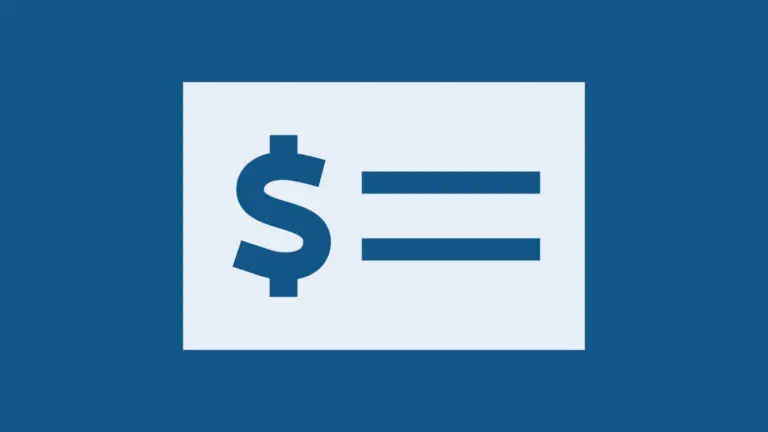Mortgage Lending
An array of home financing options with competitive rates & flexibility
We understand our community & market better than a faraway lender.
Get started

How can we help you today?
Mortgage Rates
Mortgage Lending Calculators
Mortgage Lending FAQs
Fixed-Rate loans, Adjustable Rate Mortgages (ARMs), Construction Loans, Land Loans, Manufactured Home, Home Equity Loans (HELOANs), Home Equity Line of Credit (HELOC).
We may sell your loan however this information will be shared with you by your loan officer. If your loan is sold there is an investor that purchased your loan from the lender that closed your loan. Most often when a loan is sold the loan servicing is also sold, sometimes to a different company. We service your loan locally for the life of the loan.
Our lenders will look at your credit score and history, your gross income, and your cash, savings, and investments.
Pre-qualification is a non-binding estimate of what you might be able to borrow for your mortgage.
Getting pre-qualified shows sellers that you have buying power.
It is possible to obtain a mortgage without a credit score. However, we will require more financial documentation to review to understand your history of making timely payments.
Loan servicing is the function of collecting your mortgage payment each month, recording the interest amount and reducing your balance by the principal amount of your payment. Keeping track of your escrow payments, disbursing escrow funds to pay taxes and insurance as appropriate are also part of loan servicing. Loan serivicing is important for several reasons including: the loan servicer being responsible for keeping track of your payments and escrow accounts, and the ability to ask them questions about your loan.
Loans are available for lower down payment amounts. Sometimes you can have as little as a 3% down payment. However, with less than a 20% down payment, borrowers are required to purchase Private Mortgage Insurance (PMI), which adds to your monthly payment amount on the loan.
See What Your Friends And Neighbors Are Saying
Don't Take Our Word For It!
“When it comes to mortgages, SBW definitely goes above and beyond for their customers!”

Chris and Victoria McIntosh
SBW Customer



